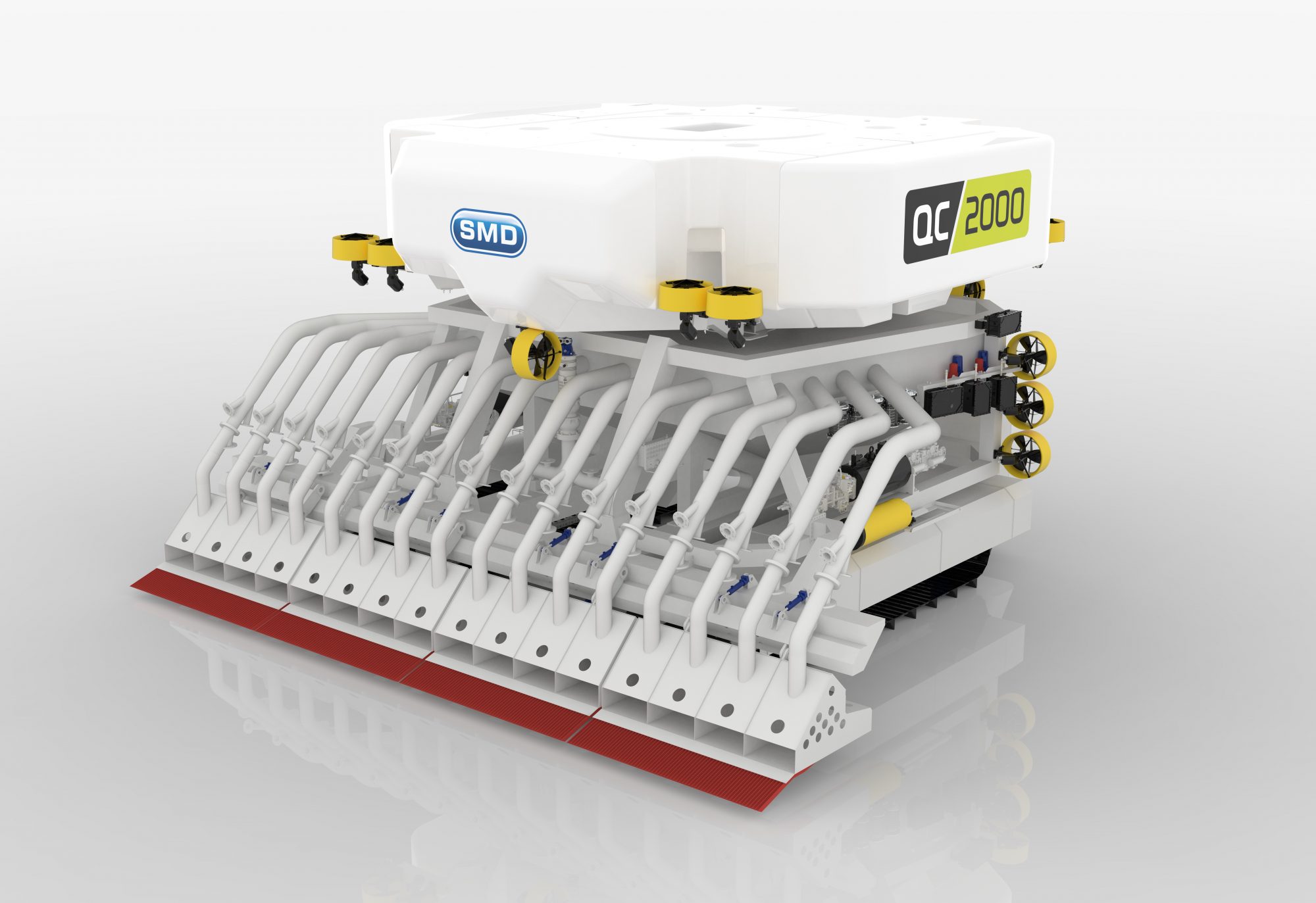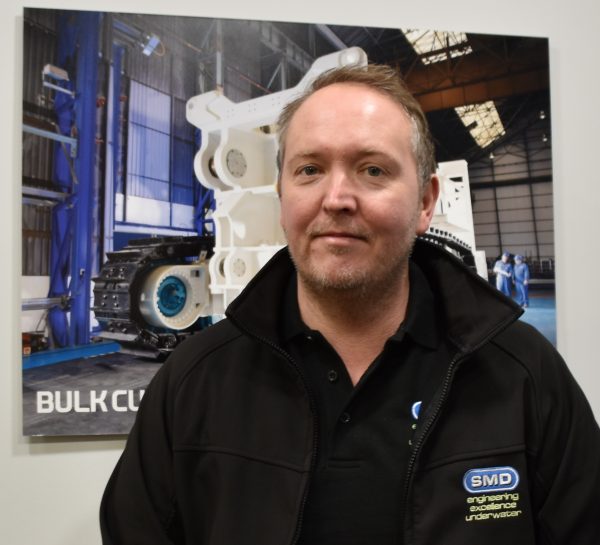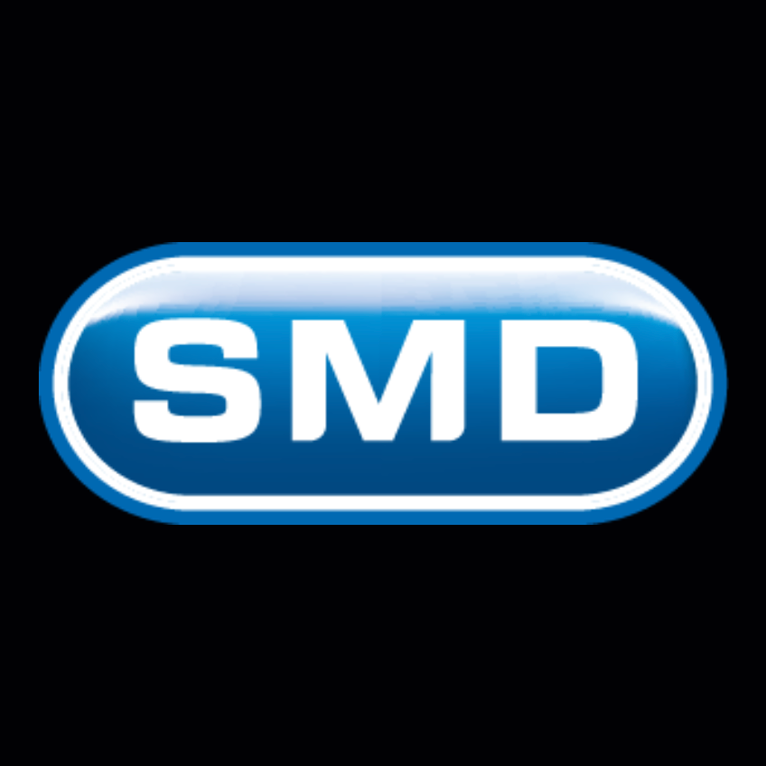SMD DIVES INTO REVOLUTIONARY MINERAL COLLECTING TECHNOLOGY – TAKING ENVIRONMENTALLY FOCUSED SOLUTIONS FOR OFFSHORE MINERAL COLLECTION TO THE NEXT LEVEL
SMD is leading the way for sustainable offshore mineral collection. Recovery of critical minerals in a safe and least invasive way is a key driver as the technology develops. SMD is perfectly placed to provide emerging technologies for the growing mineral collection market thanks to their track record of innovation and decades of experience in soil mechanics. In 2007 SMD began developing three deep-sea Seafloor Massive Sulphide collection vehicles for Nautilus Minerals, which were delivered in 2015. The same year saw SMD lead the EU Sponsored Horizon 2020 research program VAMOS to develop, build and demonstrate an inland mining system specifically designed for the rehabilitation of existing abandoned flooded mines where valuable deposits remain below the water line.
As living standards are raised on average across the world and the earth’s population continues to increase, so does the mineral requirement per capita. Additionally, some minerals are critical to energy transition including windfarms, electric vehicles and solar. In combination with dwindling on-land reserves, polymetallic nodules lying unattached on the seafloor and far from human communities offer a promising solution with the potential to have less environmental and social impact compared to conventional mining. It is not surprising the search for viable mineral deposits in the deep-sea continues to attract interest and investment as the demand models show their value for many years to come.
Ian Maskell is charged with SMD’s exploration of the Minerals market: “Our focus is now Polymetallic Nodules. Abundantly available in deep waters, the nodules have high-quality mineral content and their accessibility and ease of picking from the seabed offers an opportunity for a smart solution. To meet the present demand of the global supply shortfall and the future demands of increasing electrification and minerals needed to support the renewable transition energy, technology is required to collect minerals at a production volume and in a sustainable and environmentally responsible manner. We have taken up this challenge and are developing our patent pending QC Nodule Collector range of vehicles.”
The first product is QC2000, a light in-water vehicle specifically designed to minimise seafloor impact. The QC2000 uses a unique nodule separation method to significantly reduce the impact to the seabed surface, only disturb the absolute minimum materials to harvest nodules and therefore demonstrates best in class efficacy of collection vs impact.
The timing of the development is also in line with the highly anticipated release date of the International Seabed Authority regulations that will set the rules for commercial deep-sea mining activities, due mid-2023.
SMD intends to conclude its final development and test program in 2022 to move to the next step of design optimisation with a set of partners to provide a turn-key mineral extraction, transportation, and supply model.
SMD have an impressive track record in underwater mineral collection technology, alongside unparalleled experience of earth moving subsea equipment. Critical to the operation of this equipment at 6000m water depths is SMD’s ability to design and deliver Launch and Recovery systems with the surface power transmission and control equipment. Our area of research focus through the Nautilus and VAMOS Projects has been to establish the positional and navigation technologies to map the situation and identify the mineral body and the collection plan. To be able to do that with accuracy and certainty is fundamental to achieving production volumes of these deep-sea collection robots.



